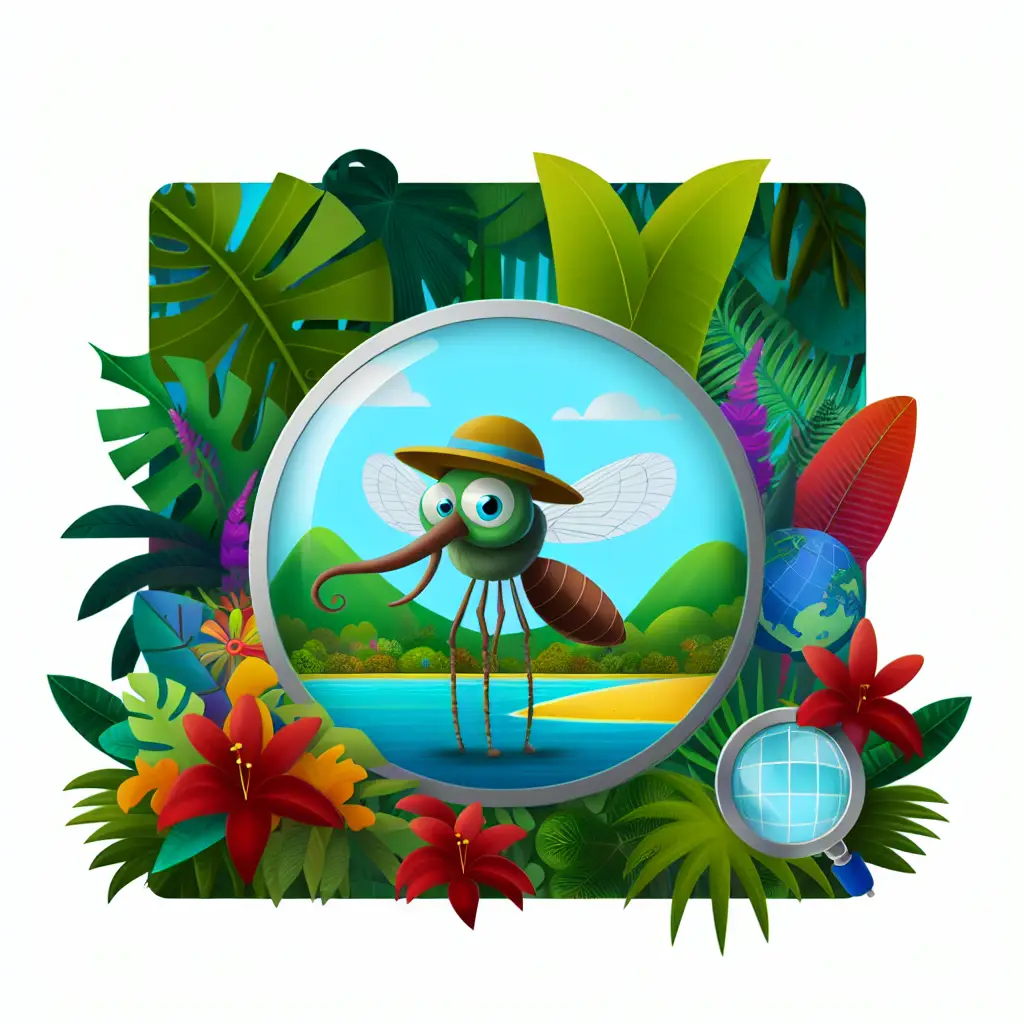
World Mosquito Day
World Mosquito Day is observed annually on August 20th. This day commemorates the historic discovery by British doctor Sir Ronald Ross in 1897 that female mosquitoes transmit malaria between humans. Beyond simply acknowledging this vital piece of scientific history, the day also serves as a stark reminder of the ongoing global battle against mosquito-borne diseases like malaria, dengue, Zika virus, and more. In this article, we’ll delve into the significance of World Mosquito Day, examine the impact of mosquitoes on global health, and explore ways to combat these tiny yet deadly pests.
History and Significance
The discovery made by Sir Ronald Ross was groundbreaking. Before this, the cause of malaria was shrouded in mystery, leading to widespread fatalities, especially in tropical regions. Ross’s identification of the Anopheles mosquitoes as vectors for malaria paved the way for preventive measures and treatments that have saved countless lives.
Each year on World Mosquito Day, organizations and individuals around the world hold educational events, seminars, and campaigns to raise awareness about the dangers posed by mosquitoes and the importance of preventing mosquito-borne diseases. By spreading knowledge and encouraging proactive measures, these efforts aim to reduce the incidence and impact of illnesses like malaria.
The Impact of Mosquitoes on Global Health
Mosquitoes are often dubbed as the most dangerous animals on Earth. Here are some alarming statistics and facts:
- Mosquitoes are responsible for more human deaths each year than any other animal, including humans and sharks.
- Malaria alone accounts for nearly 229 million cases and over 409,000 deaths annually, according to the World Health Organization (WHO).
- Dengue fever, another mosquito-borne illness, affects approximately 100 million people yearly, with roughly 21,000 fatalities.
Besides malaria and dengue, mosquitoes also transmit other dangerous pathogens such as the Zika virus, Chikungunya, and the West Nile virus. The economic impact of these diseases is massive, affecting healthcare costs, productivity, and overall quality of life for affected populations.
Prevention and Control Measures
There are numerous methods and strategies in place to combat mosquito-borne diseases, but global efforts must continue to be robust and dynamic. Here are some essential prevention and control measures:
Personal Protection
Protecting oneself against mosquito bites is paramount. Some effective personal protection methods include:
- Using insect repellent containing DEET, Picaridin, or oil of lemon eucalyptus.
- Wearing long sleeves and pants, especially during peak mosquito activity hours (dusk and dawn).
- Installing mosquito nets around sleeping areas.
Environmental Management
Reducing mosquito breeding sites is another crucial step. Mosquitoes lay their eggs in stagnant water, so eliminating standing water around homes and communities can significantly reduce mosquito populations. Here are some tips:
- Regularly empty and clean water from containers like buckets, flower pots, and bird baths.
- Keep gutters clean and free from debris to prevent water accumulation.
- Cover water storage containers.
- Use larvicides in water that cannot be drained.
Community and Government Efforts
Governments and organizations play a significant role in controlling mosquito-borne diseases. Some key actions include:
- Conducting public health campaigns to educate communities about mosquito prevention.
- Regularly spraying insecticides in mosquito-prone areas.
- Implementing and supporting research programs for new vaccines, treatment, and innovative control methods.
- Encouraging international collaboration to address mosquito-borne diseases on a global scale.
Innovative Approaches and Future Directions
As mosquitoes continue to adapt and evolve, so too must our strategies to combat them. Here are some innovative approaches making waves in the fight against mosquito-borne diseases:
Genetic Modification
Scientists are exploring ways to genetically modify mosquitoes to render them incapable of transmitting diseases. For instance, the introduction of genetically modified, non-biting male mosquitoes that can mate with wild females, leading to a reduction in the mosquito population over time.
Wolbachia Bacteria
The Wolbachia bacterium, when introduced into mosquito populations, can reduce the mosquitoes’ ability to transmit viruses. This method has shown promise in controlling diseases like dengue and Zika.
Vaccine Development
Efforts to develop effective vaccines for mosquito-borne diseases are gaining momentum. In 2021, the WHO endorsed the world’s first malaria vaccine, RTS,S/AS01, aimed at providing partial protection and paving the way for future advancements in this field.
Conclusion
World Mosquito Day serves as a vital reminder that, despite significant advancements, our fight against mosquitoes and the diseases they carry is far from over. By combining personal protection measures, environmental management, community action, and innovative technologies, we can make substantial strides in reducing the global burden of mosquito-borne diseases. Let’s use this day to enhance our awareness, share knowledge, and commit to a world where these diseases are a thing of the past.
Join the conversation on social media with the hashtag #WorldMosquitoDay and share what steps you’re taking to protect yourself and your community from mosquitoes.
Together, we can make a difference.
“`









